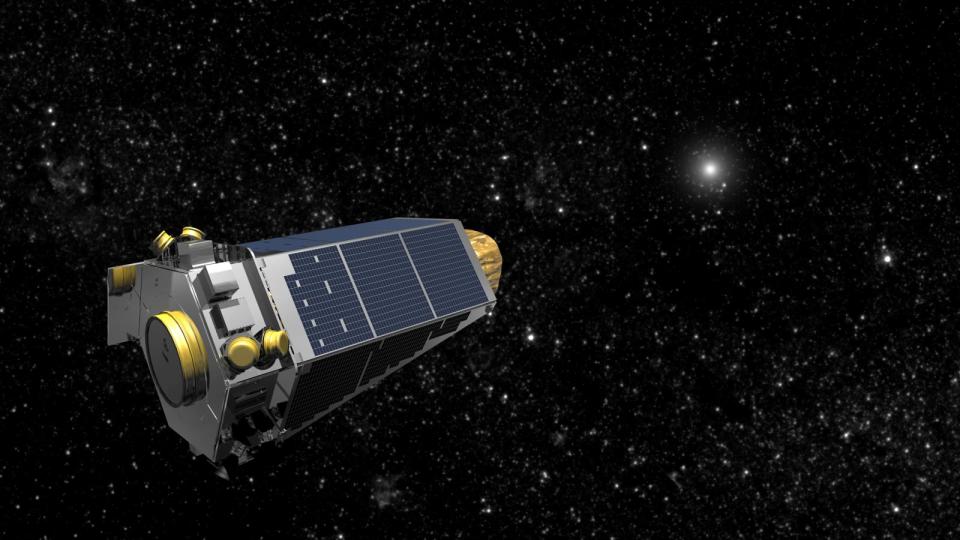Planet-hunting Kepler telescope declares that it is not, in fact, dead
The spacecraft may be critically low on fuel, but it's still fighting.
At this point, most space enthusiasts and insiders have said their goodbyes to the Kepler spacecraft. We've known for months that it's very low on fuel, and its planet-hunting replacement, TESS, has already launched. But Kepler has a mind of its own, apparently. Despite the fact that its level of fuel is now crippling, and it's had its share of mechanical issues, the telescope is once again back to work collecting scientific data and looking for new exoplanets.
It's a really surprising and gratifying turn of events for a spacecraft that most of us had written off. At Engadget, we've written two separate "it's the end for Kepler" articles, one from March and the other from July, when Kepler was put to sleep in order to preserve what little fuel remained. At the beginning of August, Kepler had to re-orient itself in order to transmit data back to Earth. The team wasn't even sure there would be enough fuel left for that maneuver. Yet the spacecraft still refuses to quit and continues to go about its regular work. That's quite the feat.
The spacecraft is now conducting the 19th observation campaign of its nine-year mission (originally scheduled for three and a half years). One of the thrusters is apparently behaving erratically, so the telescope's ability to point itself is hampered. Yet the spacecraft soldiers on, doing its duty.
Eventually, Kepler will die. But despite multiple brushes with failure, the spacecraft struggles to keep going. NASA clearly builds its spacecraft and rovers to last; let's just hope that the Mars rover Opportunity, which the team at the Jet Propulsion Laboratory is waiting to hear from after a planet-wide dust storm, is able to accomplish the same dramatic feat.



